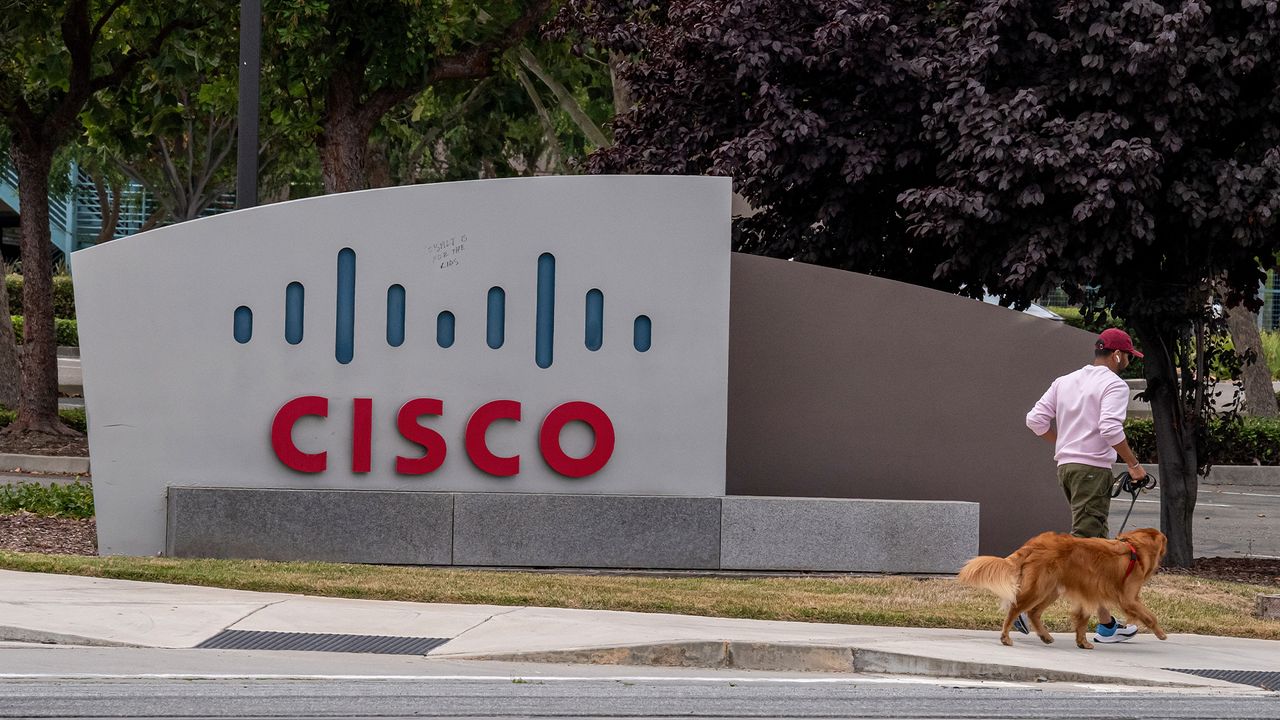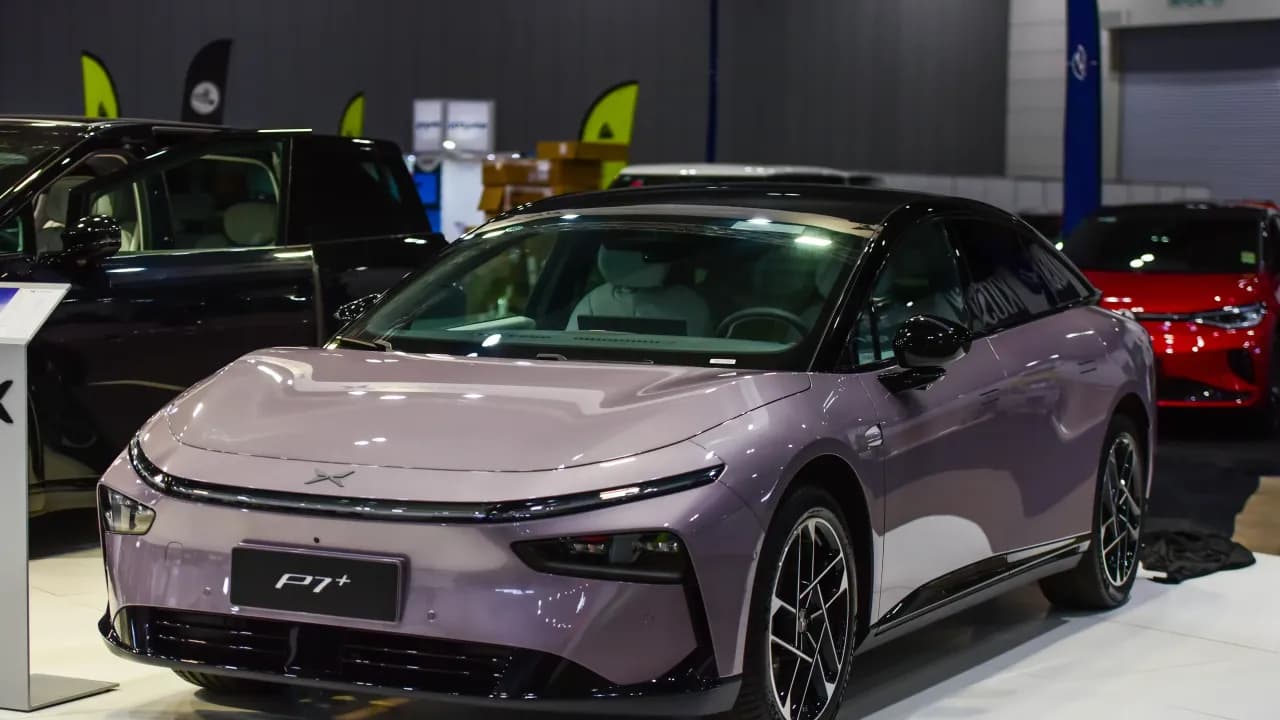The Impact of Recent Job Cuts in the Tech Sector and Innovations in Electric Vehicle Technologies
Author: Ross Kelly

In August 2025, the tech industry witnessed significant shifts as major companies like Cisco announced considerable layoffs. The cuts primarily affected software engineering roles, reflecting broader market challenges and changes in business strategies within the tech sector. Cisco, a leading provider of networking hardware, software, and telecommunications equipment, stated that the layoffs were a necessary response to an evolving business environment and aimed at streamlining operations.
The layoffs at Cisco are part of a wider trend affecting companies across the technology landscape. Experts indicate that these job cuts signal a transitional phase in the industry, where organizations are increasingly automating processes and integrating artificial intelligence into their workflows. As technology continues to advance at a rapid pace, companies are finding themselves needing to adapt to stay competitive. This often results in workforce reductions, particularly in positions that are becoming automated.
Moreover, the impact of these layoffs reaches far beyond just the individuals let go. It has a ripple effect on the employment landscape, contributing to a growing number of job seekers in a market that is witnessing rapid technological advancement. While the job cuts reflect immediate fiscal strategies, they also raise concerns about long-term implications for innovation and talent retention in the tech industry.

Cisco's logo presented at a recent press conference discussing layoffs.
In contrast to these challenges, XPENG Motors, a prominent player in the electric vehicle (EV) sector, is making headlines with its latest technological advancements. The company recently announced the launch of the XOS 5.8.0 global over-the-air (OTA) update for its vehicles, which promises to enhance user experience significantly. This update is not just a routine improvement; it integrates advanced features that reflect XPENG's commitment to intelligent driving and smart cabin technologies.
The XOS 5.8.0 update introduces several exciting functionalities, including a Human-Machine Co-Pilot feature that allows for a more natural interaction between the driver and the vehicle. This setup specifically improves driving assistance during complex maneuvers, making it a prime example of how AI can enhance user safety and convenience. Such innovations highlight a stark contrast to the workforce reductions happening in other tech domains, underlining a positive trajectory for EV technology.

XPENG's latest vehicle showcasing its smart cabin technologies.
Furthermore, XPENG's commitment to listening to customer feedback is evident in its latest features, such as the newly introduced Pet Mode, which ensures pets are safe and comfortable when left in vehicles. This thoughtful addition speaks volumes about the company’s dedication to enhancing the user experience beyond just driving functions.
As electric vehicles continue to rise in popularity, with XPENG targeting ambitious delivery goals—such as 40,000 vehicles monthly—it becomes clear that the EV market is in robust health, diversifying its offerings while focusing on user-centric innovations. This juxtaposition of layoffs in the software engineering sector with rapid advancements in EV technology paints a complex picture of the current state of the technology landscape.
Both Cisco’s strategic layoffs and XPENG’s innovations prompt industry observers to rethink the role of technology in the workforce. While job security in fields like software engineering may be fluctuating, the demand for skilled professionals in green technologies, particularly in electric vehicle manufacturing and AI-driven solutions, remains strong.
In conclusion, the recent developments in the tech sector—marked by significant layoffs from established companies like Cisco and encouraging innovations from firms like XPENG—underscore the dual nature of technological evolution. As industries adapt and transform, the labor market must also respond, presenting new challenges and opportunities. The future will likely hinge on the ability of workers and companies alike to embrace the changes wrought by innovation, emphasizing the need for continual learning and adaptation.